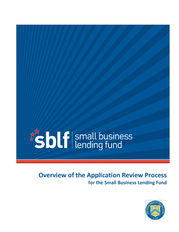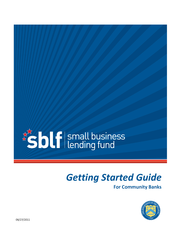Description
−
The level, composition, and quality of regulatory capital.
−
Overall asset quality and trends in asset quality, including the potential need to increase reserves and
write down assets.
−
Causes of historical losses in loans, securities, and other assets, and the likelihood that such
underlying causes may be of a recurring nature.
−
The level and quality of current and prospective earnings, including earnings capacity under plausible
economic scenarios, and the likelihood that forward earnings will be sufficient to replenish levels of
regulatory capital.
−
The capability of key managers and the Board of Directors, responsibility of existing board of directors
or management for decisions that have resulted in reductions in regulatory capital levels, and quality
of risk management, internal controls, and underwriting practices.
−
The institution’s ability to pay dividends and redeem outstanding securities as appropriate and in a
timely manner without additional capital investment, including both SBLF securities and other
outstanding securities.
Example Scenarios Regarding the Application of Private Investment
The following lists examples of situations in which the application of Private Investment could be found to be
appropriate, among others:
−
Institutions that have experienced significant losses in their securities portfolio, the source of which
would not otherwise prompt concerns regarding investment or asset-liability management practices.
−
Institutions that have experienced asset impairments assessed to be of a temporary nature, such as
those arising from natural disasters or similar finite events, and for which the assets in question
would reasonably be expected to recover in value.
−
Institutions that have experienced historical losses that have depleted capital, but have since resolved
these legacy asset quality challenges and returned to profitability, potentially following the
investment of additional capital from private sources or introduction of new management.
−
Institutions that may have sufficient capital to sustain their business operations, but would need
additional capital to service dividends or redemptions of securities, whether mandatory or optional,
with respect to either securities issued under SBLF or other outstanding securities.
For More Information
To learn more about the Small Business Lending Fund, please visit www.treasury.gov/SBLF. For communications
pertaining to a specific institution, please email SBLFInstitutions@treasury.gov.
For media inquiries, please call the U.S. Department of the Treasury Press Office at (202) 622-2960.
6
.









